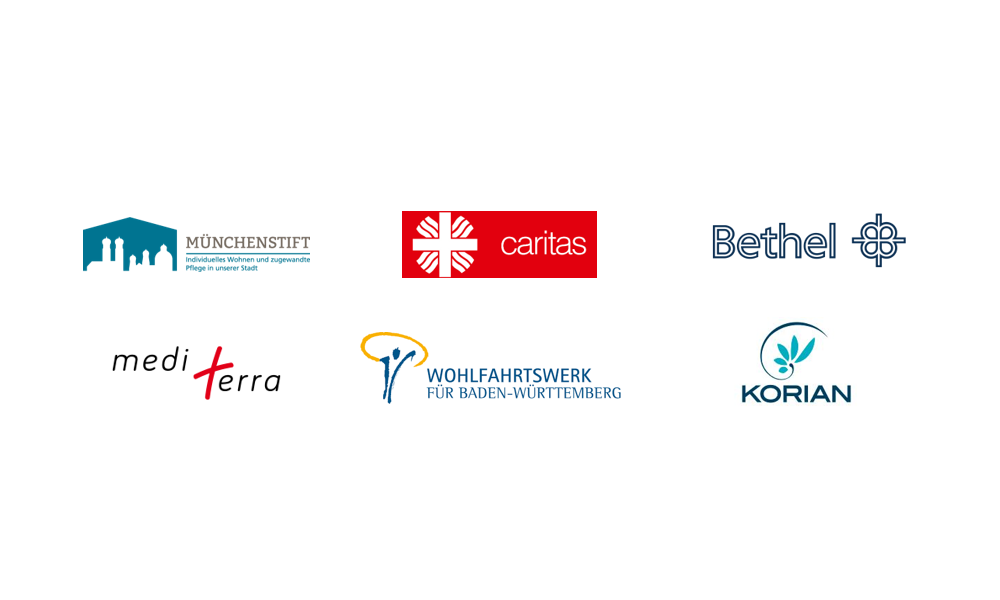We have conducted interviews with larger and smaller care home operators to evaluate the extent to which our social robot could assist in the current challenges in nursing homes. As with any user research, we have gained some very valuable insights.
We all know that the workload for the nursing staff is enormous and the lack of skilled workers makes this even worse. The people to be nursed have changed over the last decades. Today about 70% have cognitive impairments such as dementia.
However, we were not aware of the challenge of cognitive and emotional activation of the residents. And that one caregiver is responsible for up to 20 home residents, leaving too little time for sufficient 1:1 addressing. An autonomous social robot, which also independently interacts with the residents, can be a great help here.
But we have now also understood how nursing homes are financed and where there is still untapped economic potential. An important lever here is bed occupancy and the relief of nursing staff.
We are therefore very pleased that all those interviewed confirmed that our social robot is a good approach to relieving the burden on care staff and ensuring good care in the long term. And everyone is eagerly awaiting our pilot phase!
Many studies have now shown that robots such as Paro or Pepper can be used in care in a meaningful and supportive way. Of course, ethical questions also arise here. That’s why cooperation with all concerned is very important. An article worth reading can be found here.

